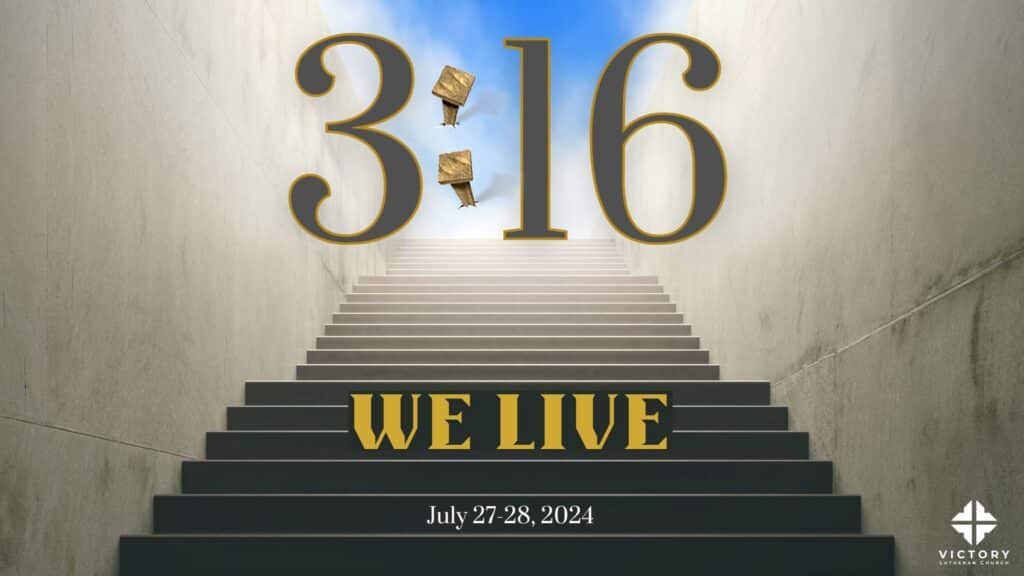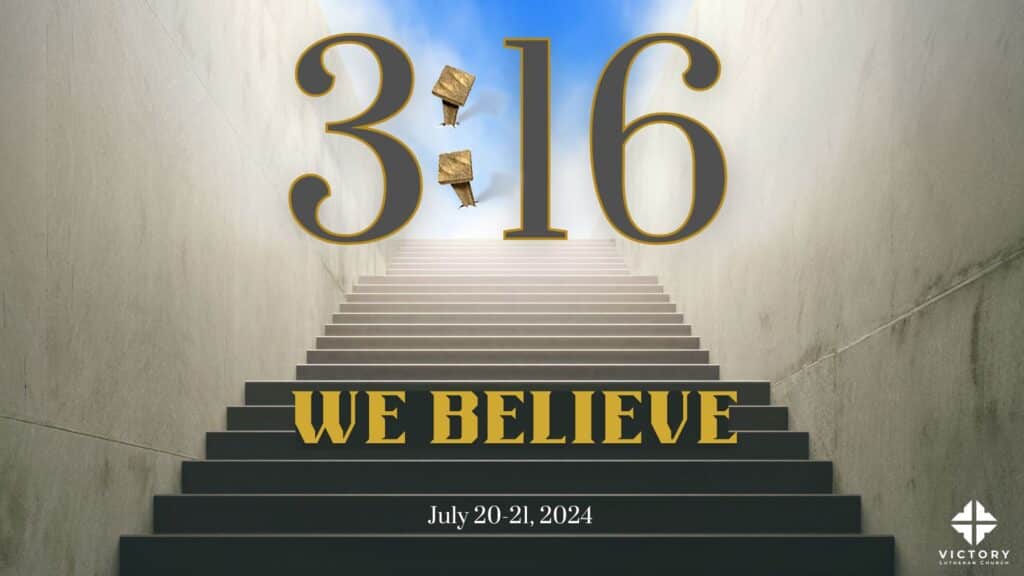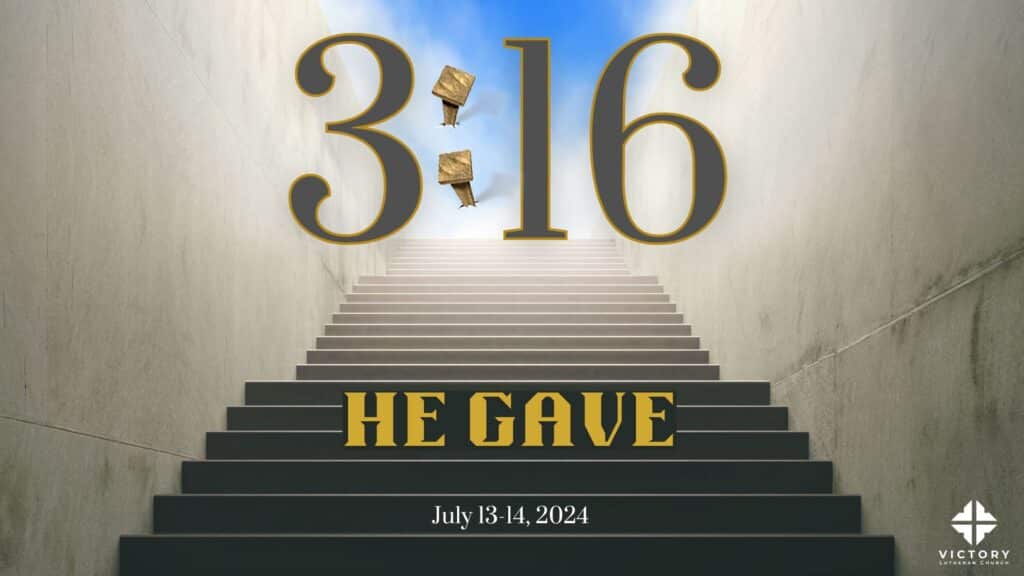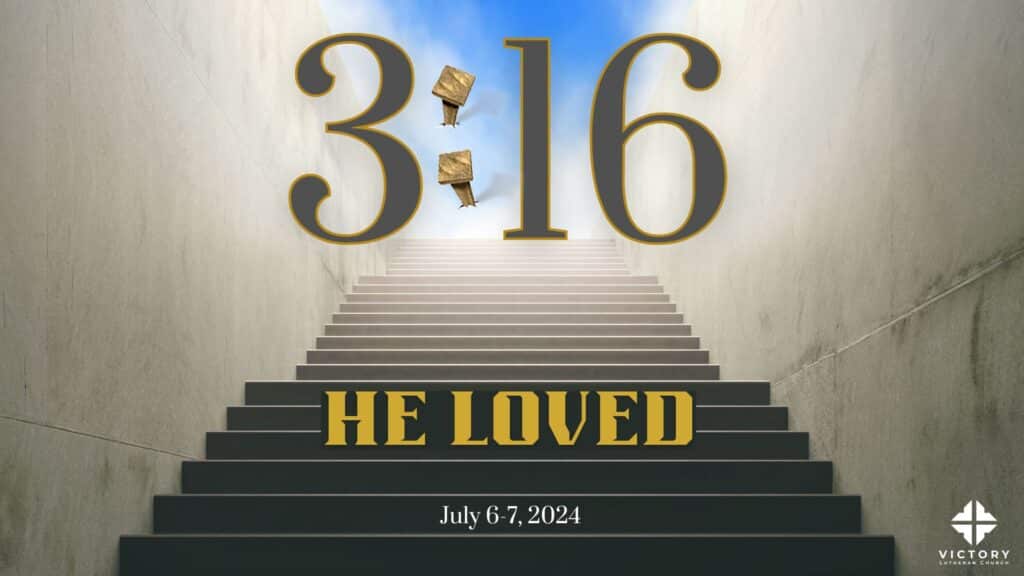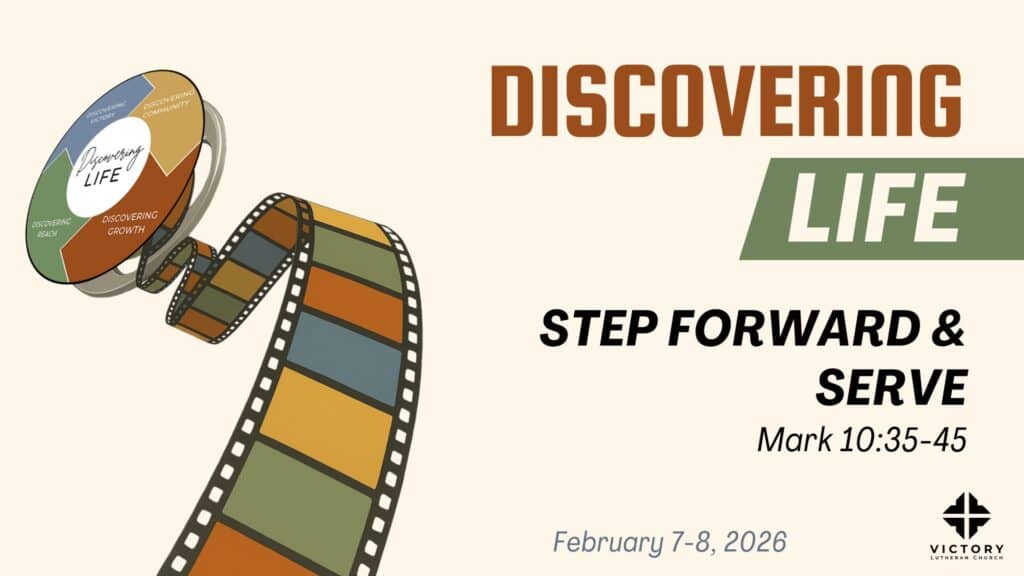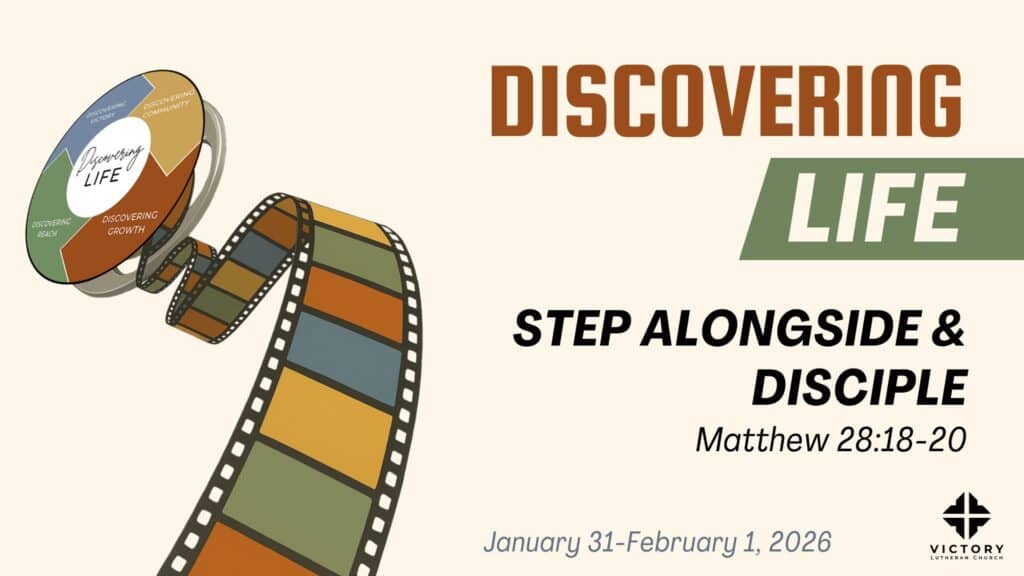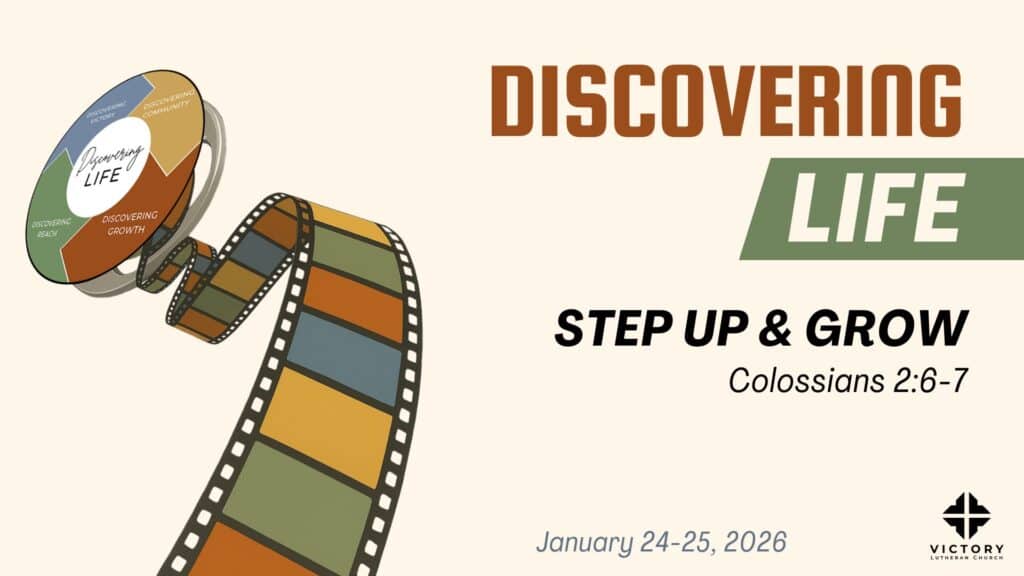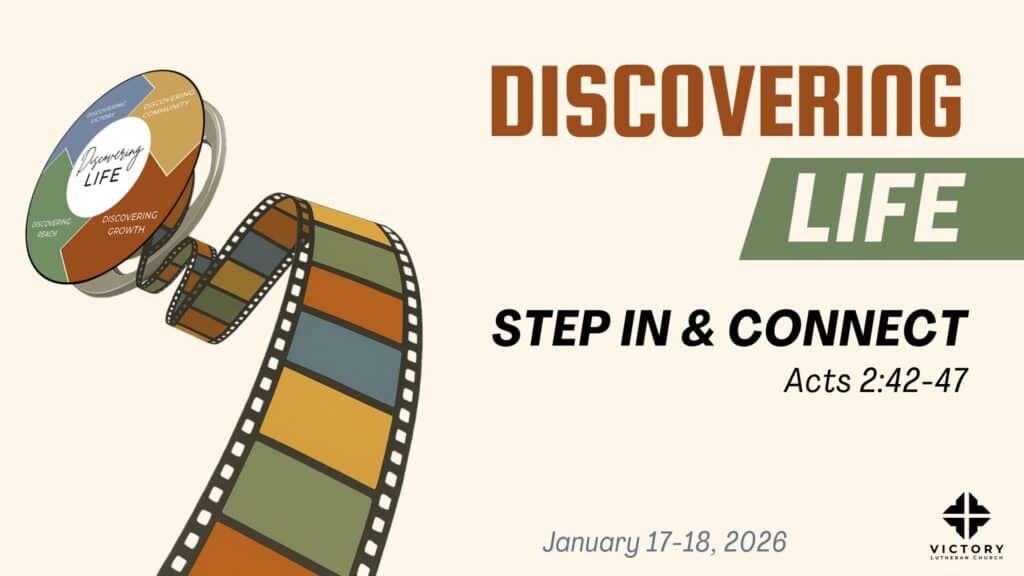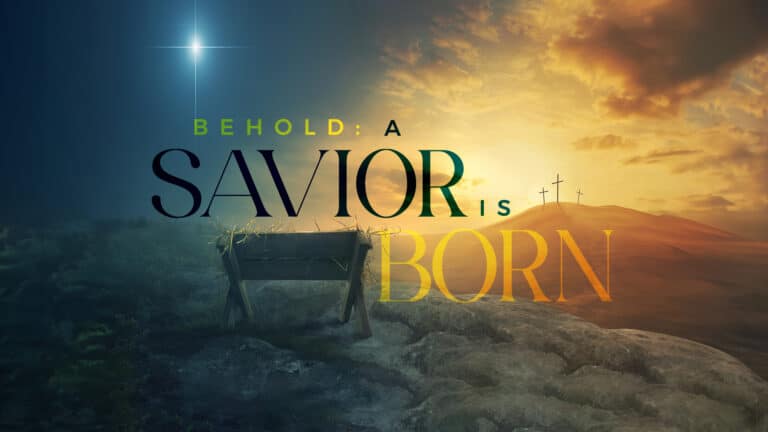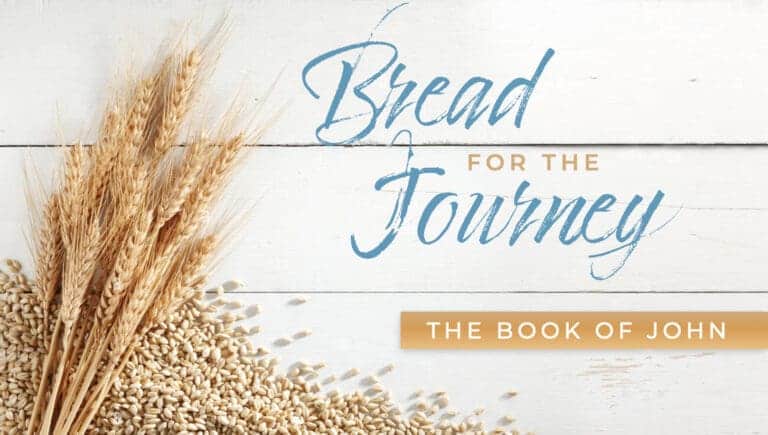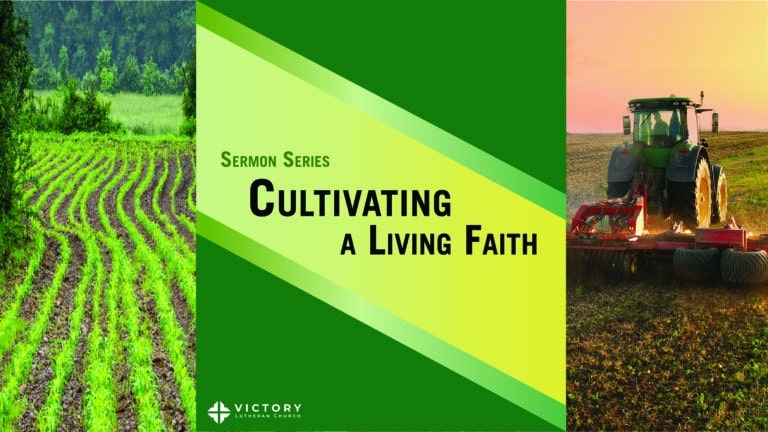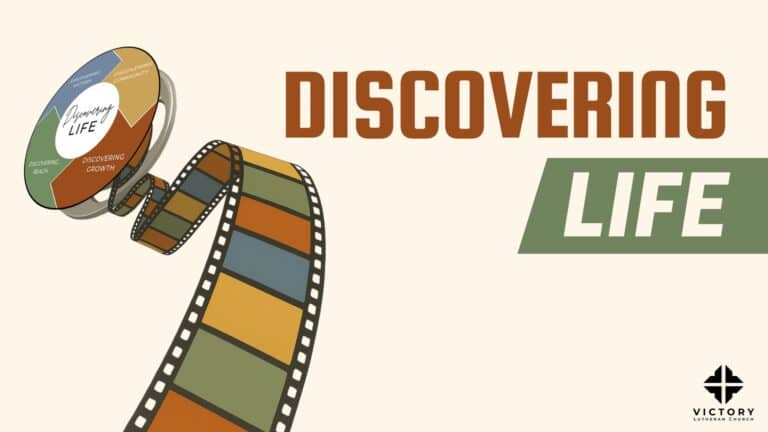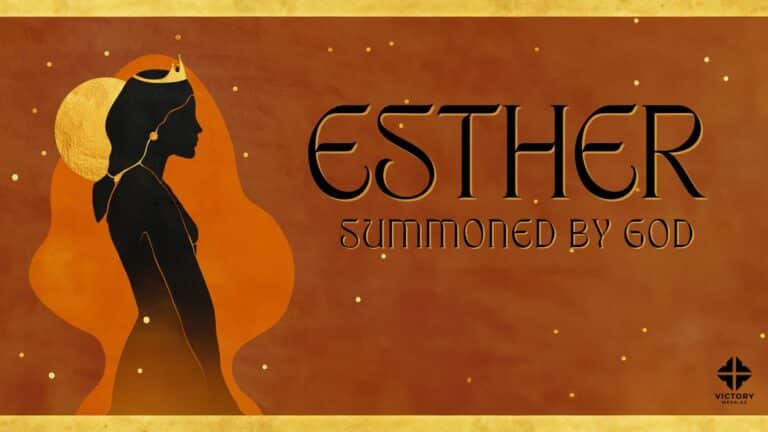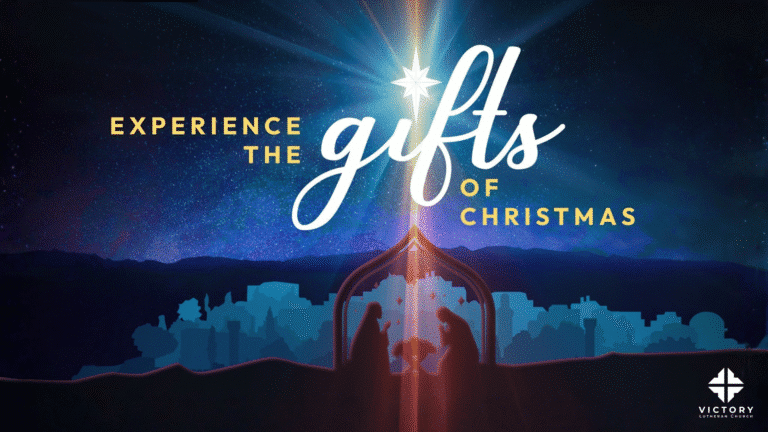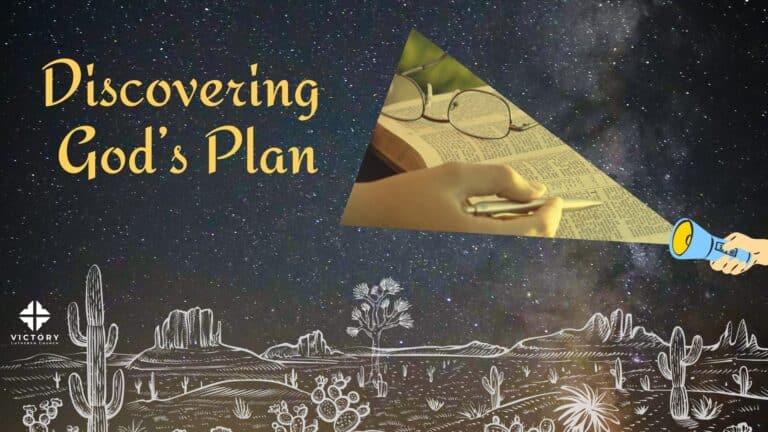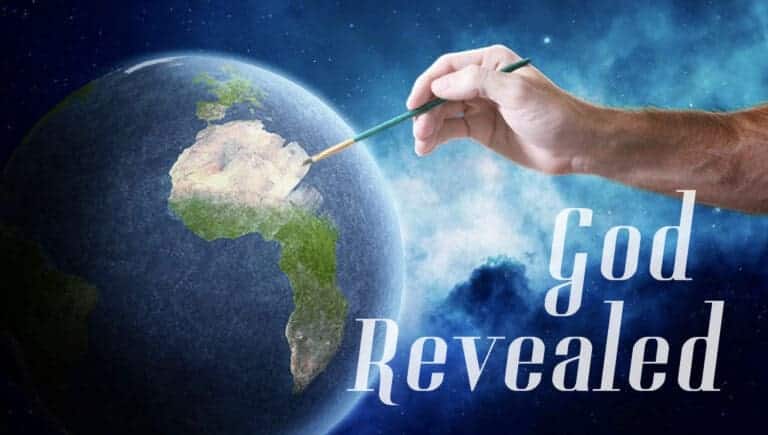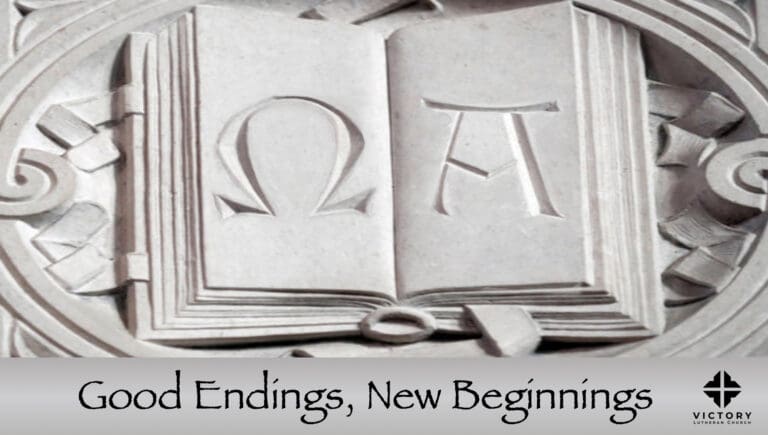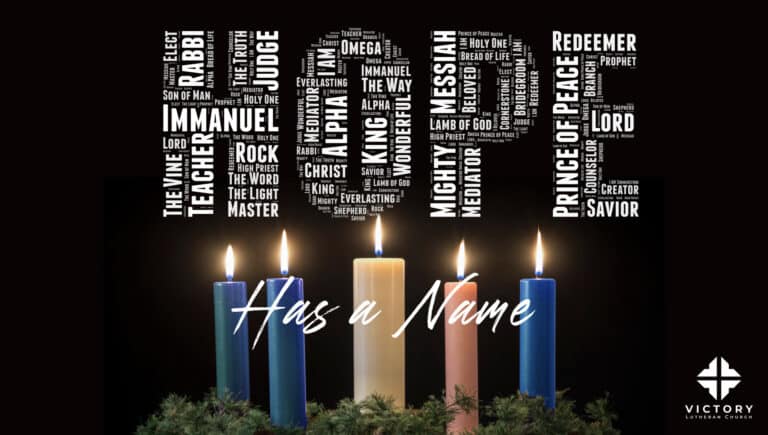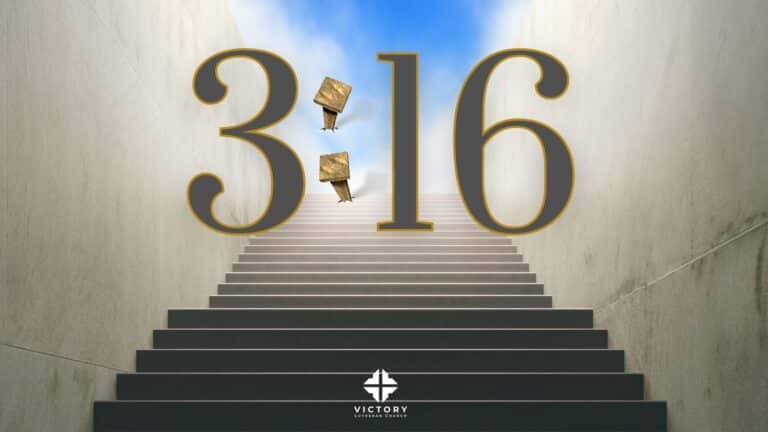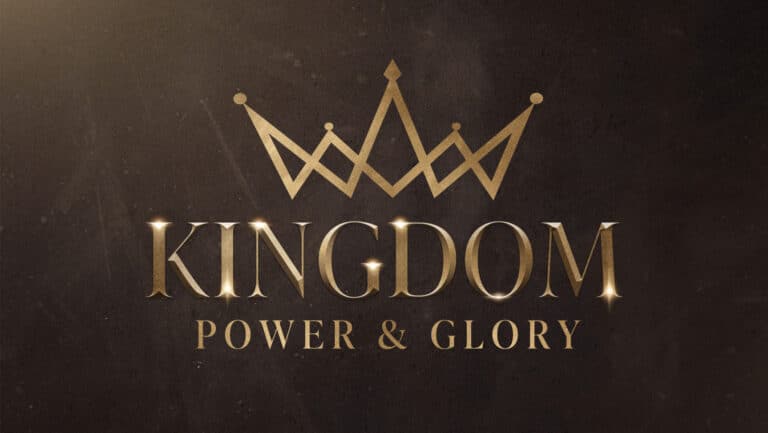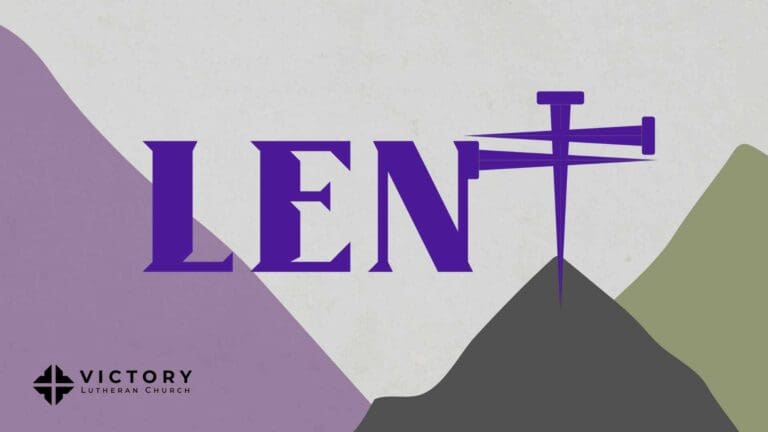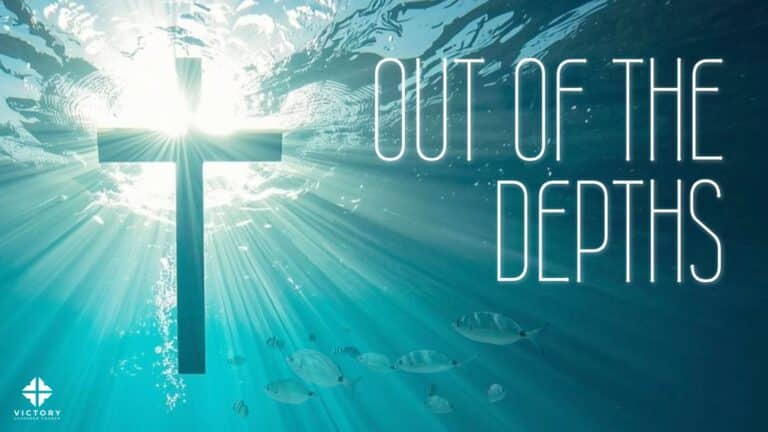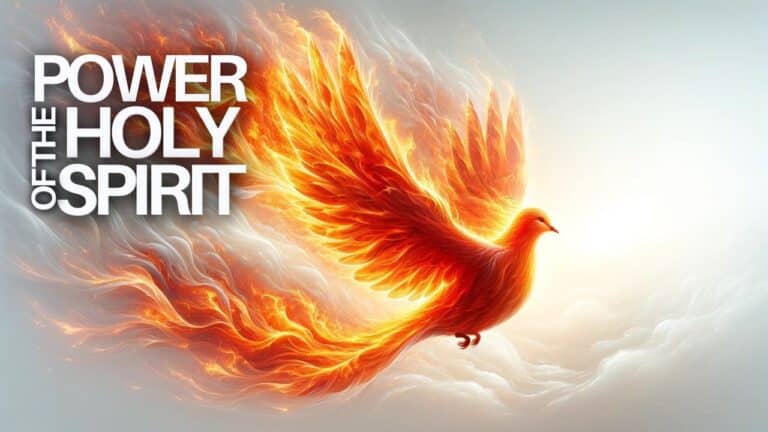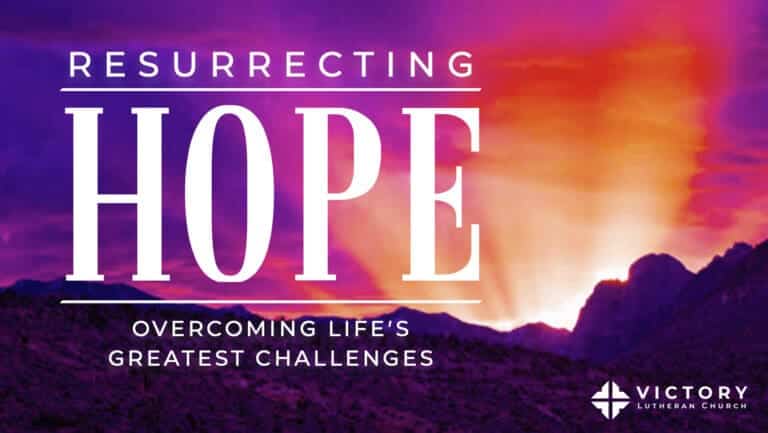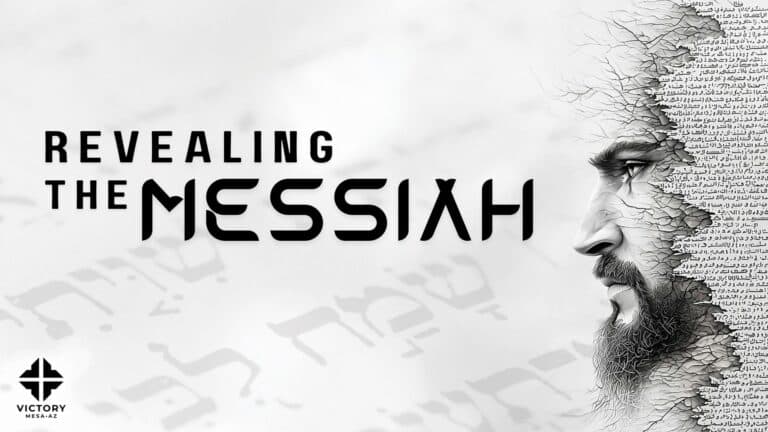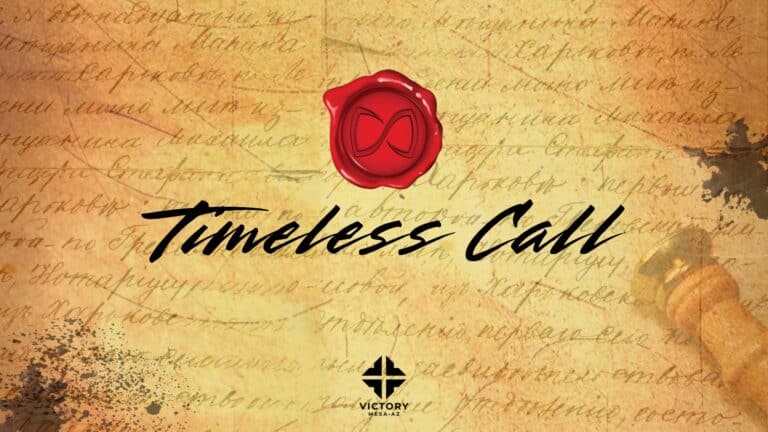Yay, creative team. How’s that? The rocky theme with John 3 16. Come on. I love it. It’s a victory verse, isn’t it? That’s the verse we’re going to spend five weeks in. Okay, we just finished five weeks in the book of Ruth. The whole book, we get five weeks and one verse. Don’t worry, there’ll be plenty of other scriptures that unpack it. But I’m really looking forward to being on this journey with you through this precious jewel of scripture. I want to tell you about another precious jewel, just as kind of an introduction. Have you heard of the Hope Diamond? It was, uh, found actually in a, in a mine in India. And first acquired by a French gem merchant back in this mid 17th century. Can you roll a little bit eclipse on what this hope diamond looks like? Uh, eventually it caught the attention of King Lou, the 14th of France, and he acquired it in 1668. It was recut in and into the French blue and part of the French crown jewels. However, during the French Revolution, it was stolen, lost to the public eye, and it finally resurfaced in London in the early 19th century.
It was eventually recut again and acquired by the Hope family, from which it has its name today. And it changed hands a few times in the 20th century before finally being donated to the Smithsonian Institute in D. C. in 1958, and you can go there today. And still see it. Now, why do I tell you about this Hope Diamond? Well, I’m using it to kind of illustrate what I think is a far more precious diamond, and that is the singular verse in the scriptures, John three 16, for it captures the very essence of the heart of God, and it gives us the essence of our salvation and then gives us. everlasting hope. Much like that legendary gem John 3 16. It’s the hope diamond of the scriptures. It’s rare. It’s invaluable. It’s a brilliant testament to God’s boundless love for us. It’s a verse that shines throughout the ages, offering hope and salvation for all who gaze upon it and believe in its eternal truth. And just as the hope diamond has experienced kinds of ups and downs, trials and tribulations. So has the promise of John 3. 16. And yet it remains steadfast, unchanging, and eternal. So I posit that John 3. 16 is the hope diamond of the scriptures. Reminding us of this most precious of all gifts. Jesus Christ, who took on our sin, paid the debt, set us free, and offers us hope, new life today, and everlasting life to come. We’re going to use the New King James Version throughout these five weeks. We were kind of talking on, in the preaching team, our, uh, what version might you have memorized it in, those of you who do? And so, this is kind of the, may, a bit of a compromise, but it’s the closest. So, let us read our Gospel text together, shall we? Let’s begin. For God so loved the world, that He gave His only begotten Son, that whoever believes in Him should not perish, but have everlasting life. The Word of the Lord.
Let’s pray. Father in Heaven, send now Your Spirit, that as we delve into Your living Word, Jesus Christ might be lifted up in our eyes and in our hearts at this time. In Jesus name, I pray. Amen. Well, I want to ask you, um, as we begin, um, when did you memorize John 3, 16? Many of us did growing up. I remember at, in young elementary age, My Bible, it wasn’t a kid’s Bible, it was a hardcover black, just said Holy Bible, King James Version. No pictures, no nothing, but I memorized scripture in that. And this was the first verse I memorized. Many of us know it by heart. It’s really the gospel in a nutshell, a declaration of God’s immense love. And for us, you know, in the way we’ve framed this series, we’re indebted to Max Licato for his work on this verse. It gives us the framework we’re going to be looking at in the next four weeks. You see it on the banner. He loved, he gave, we believe, we live. It’s a wonderful journey ahead of us. Today, I get to bring an introduction and maybe a bit of an overview. You know, this verse is so famous, so familiar, that I want to start by trying to set it in its context a little bit to get its full meaning. And so the context of John 3, 16 is this rooftop conversation at night. Jesus is having with a religious leader, a Pharisee named Nicodemus who wanted to learn more about Jesus and his teaching. So here’s a brief clip from The Chosen Season 1. Then before you are silenced. I have come to do more than speak words, Nicodemus. More miracles. Yes, but even more than that. Do you remember when the children of Israel complained against God and against Moses in the wilderness of Paran? Yes. They wanted to return to Egypt, and they cursed the manna that God sent them. And then? They were bitten by serpents, and they were dying. But? But, God made a way for them to be healed. Moses lifted the bronze serpent in the desert, and people only needed to look at it. So will the Son of Man be lifted up, so that whoever believes in Him, will be healed? May have eternal life. Our people are not dying from snakebites. They’re dying from taxation and oppression. I’m sorry to disappoint you. But I did not come to deliver the people from Rome. Then from what? From sin. From spiritual death. God loves the world in this way. That he gave his only son. That whoever believes in him shall not perish, but have eternal life. So this has nothing to do with Rome. It’s all about sin. God did not send his son into the world to condemn it, Nicodemus. He sent him to save it through him. It’s as simple as Moses serpent on the pole. Whoever believes in him will not be condemned. But whoever does not believe stands condemned already. Have you ever? Did you catch that last part? Whoever does not believe stands condemned already. The context in which this hope diamond of the Bible is delivered by Jesus, John 3, 16, it comes in the context of an assumed and understood problem of darkness. spiritual death that is on humanity because of sin. And so the promise of John 3 16 stands in a brilliant contrast of light when seen against the deep darkness of the human condition apart from Jesus Christ. Have you ever noticed how jewelers show off their wares against the dark? Why? It’s so the brilliance of the gem might show best.
Do you have a favorite piece of jewelry? I do, and I’m wearing it right now. It’s on my right hand. It’s this ring that my wife gave me. Now, not that you can see it against this dark background any better, but it has seven gold crosses and a double silver band. She found someone who made it handmade, one of a kind. She gave it to me 20 years ago at Christmas. It’s the most precious piece of jewelry I have because of the meaning behind it, the context of this ring. Friends, John 3 16 it’s so familiar. It’s almost worn out, but you can regain not just its luster, but a new appreciation of its splendor. When you realize that this promise of God is made in the context of human sin. Something that we believe in here, that we confess every weekend when we say we’ve sinned by things we’ve done and left undone, right? We admit that. That’s the context in which John 3 16 is given. The context of John 3 16 is this problem of sin. And so the promise of John 3 16 gleams ever more brightly. When we understand the problem that it solves. You see, apart from Christ, the world stands condemned already. Just as Jesus mentioned about the Old Testament story, when Israel sinned against God, snakes and vipers were sent among them, they bit them and they were condemned to death. But if they only looked upon the pole with the bronze serpent that Moses raised up, they would be healed and saved. So too for us, who stand condemned already, apart from Christ, the When you look at the Son of God lifted up and believe, we also are saved. That’s so precious. So that’s the first point I want to make. The context of John 3. 16 is that it’s the antidote to the problem of sin. I want to look at a couple of words and then the next four weeks we’ll unpack other key phrases of the whole verse. But I want to look at this one word, starts with, For God so loved. This word love, I mean, we kind of practically worn out the word love, haven’t we? I mean, this morning I use it to tell my wife, I love you. And later on I said, I love this breakfast. I love my cheesy eggs. Now, don’t get me wrong, they’re not the same emotion. Not at all. I’ve never proposed to an egg, okay? But, they’re not identical. But, this overuse of this word love, it makes it so common that I think the meaning of it can be largely lost on us. Especially God’s love. You know, the Bible uses a number of words that are translated into English. And each special word has a specific meaning. So take, for instance, the one Moses used in the Old Testament. It’s a Hebrew word, chesed. And in Deuteronomy 10, he writes, The Lord chose your ancestors as the objects of his chesed, his love. And we read that passage and we go, That, that kind of warms our heart, doesn’t it? But it rocked the world of the Hebrews. They heard this word, and as they understood it, that the Lord binds himself to his people. Chesed speaks of a tethered love, a love attached to someone or something. And in his book 316, Max Licata wonderfully unpacks the meaning of this word chesed, and I can relate. Have you ever seen, like, say, a mother Um, in a very busy shopping, bustling market, connected to a child with a harness.
You know what I mean? I mean, I used to think those leashes were kind of cruel and unusual punishment until I became a dad. And then, man, I saw their use and value. The strap serves two purposes, at least. Yanking and claiming. You yank your kid out of trouble. My wife and I saw it last year at the mall here at Superstition. A woman yanked her son out of the way of that little train in there. But in, when you yank your child, you’re also saying, Yes, I know he’s wild as a banshee, but he’s my banshee. You’re claiming him. Yanking and claiming. In this case, God has tethered himself. To his people, Israel then, to you and me today. Why? Because they were so lovable. Why us? Because we are. Here’s how Moses put it in Deuteronomy 7. This is from the message. God wasn’t attracted to you and didn’t choose you because you were big and important. The fact is there’s almost nothing to you. He did it out of sheer joy, sheer love, keeping the promise He made to your ancestors. In other words, God loves Israel and He loves the rest of us. Because he chooses to. And you know, because of that, it’s not dependent on us. This is a love that will not let you go, no matter what. The second phrase I want to work with, we have Chesed, God’s For God, here’s a second for God so loved the world that he gave his only begotten son. So I want to use this message to spend a little bit of time unpacking this. There’s this Greek word that’s used here that offers us insight. It’s the Greek word monogenesis. It’s a compound word, mono meaning only, genase can speak of species, race, family, offspring, kind. You know, in English, it’s the word genes, right? So it’s like the ultimate family descriptor. And in the Bible, this term, this word, is used almost exclusively to describe that parent child relationship. Take, for example, how Luke uses it when talking about a widow’s son, calling him the monogenes son, the one and only son of his mother. And Hebrews brings it home, sacrifice of his monogenes son, one and only son Isaac. But the real superstar of this, using this word monogenes, it’s John himself, the author of John 3. 16. John wields this word kind of like a lightsaber in the hands of a Jedi Knight. I mean, it’s immaculate. He uses it at least five times to highlight the unique, one of a kind relationship between God the Son and God the Father. In John 1, verse 14, John writes, The Word became flesh and made His dwelling among us. We have seen His glory, the glory of the monogenes, the one and only, who came from the Father, full of grace and truth. Four verses later, John writes, No one has ever seen God, but God, the monogenes, the one and only. Who is at the father’s side has made him known.
In our verse, John 3, 16, For God so loved the world that He gave His monogenes son, His one and only begotten son. And just two verses later, Whoever believes in Him is not condemned. But whoever does not believe stands condemned already because he has not believed in the name of God’s monogenes Son one and only son and in his first gospel epistle John writes This is how God showed his love among us. He sent his monogenes Son, one and only son into the world that we might live through him. In three of these five verses, monogenes modifies the word son. And when it doesn’t, it’s still all about the son being from the father or at the father’s side. Point. Monogenes highlights the unique bond between Jesus, God’s son, and God’s father. The Father Manase. You know, in some ways you could say God’s everyone’s father and that he’s creator, but Jesus was not created. He is God the father’s monogenetic son. Why? Because Jesus is the Son is the same essence. You could put it like he’s got the same DNA. This is why we’re using that New King James version of this famous verse, because it includes the meaning of this word monogenase, saying it’s God’s one and only begotten son. Begotten. It’s trying to convey that Jesus isn’t just a chip off the old block, he’s the entire block. When parents have kids, you know, we pass on our genetic code. And I suppose in a similar way you could say Jesus has the exact same essence as his father. And he’s not begotten in that he was created. He’s begotten in that he and God share the same eternal, all knowing, tireless love. Three persons in the Trinity, Father, Son, Holy Spirit, right? We confess that every time we gather for worship. But one God, one essence. In other words, everything we attribute to God the Father, we can attribute to Jesus Christ. And that’s why, in part, we also use the new King James version, shall not perish, but have everlasting life. Now, I learned it as eternal. But if you think about it, eternal, it’s like a line. A line doesn’t have any end or beginning. It’s But a vector has one beginning. A vector is like being created. A vector is like everlasting. We were created. Now, in Christ, we are promised everlasting, unending life. But we had a beginning. Jesus did not have a beginning. So, Jesus is eternal. And the eternal God offers us everlasting life. So next time you hear or read one and only in the Bible, remember it’s not just a title, a description, it’s rather a declaration of Jesus unique and unparalleled relationship with God the Father, God’s one and only begotten Son. And that’s a connection worth remembering. In fact, one of the greatest of all church councils met over this exact issue. The Council of Nicaea, held in 325 AD. Called by Emperor Constantine to settle disagreements about the nature of Jesus Christ, among other issues. And the result is the Nicene Creed that we’re going to confess in just a few minutes. And in this creed, it has some similarities to the Apostles, but there’s far more detail about who Jesus is and isn’t. Declaring that Jesus is fully God, equal to the Father, and not a created being. Here’s just a little bit of the Nicene Creed. We believe in one Lord Jesus Christ, the only begotten Son of God, begotten of the Father before all worlds, light of light, very God of very God, begotten, not made. Being of one substance with the Father, by whom all things were made. We’re going to confess the entire creed in just a few minutes. So in these next weeks, as we take this journey into John 3. 16 together, it’s more than just a verse to memorize or to have on a little plaque in our home, or to see in a football end zone on a poster.
It’s far more. It’s an invitation to experience and share God’s love in profound ways. It’s about recognizing that we are tethered to a God who has bound himself to us, who loves us by his own will, not because we deserve it, because he knows we need it. He loves us beyond measure and has given us the most precious of all gifts. His very, the very essence of who He is in His Son, Jesus Christ. Join me in prayer. Father in heaven, thank you for the profound truth of John 3, 16. For the boundless love you’ve shown us through your Son, Jesus. And as we journey together through this powerful verse in the coming weeks, by the power of the Holy Spirit, open our hearts and minds to fully grasp Depth of your love, the magnitude of your gift. Make it new in our hearts and lives. And then empower us to live out this message in how we live, reflecting your grace and love to everyone we encounter. For I ask this in Jesus precious name.

